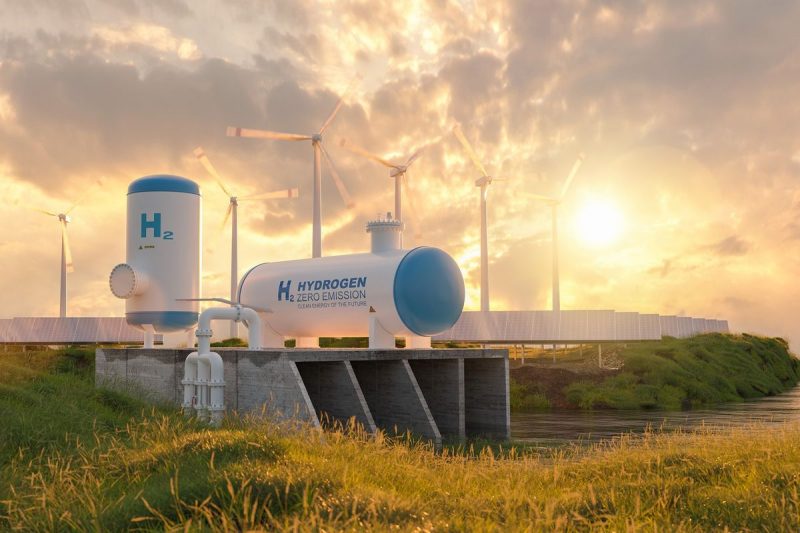As renewable energy sources continue to gain traction in the fight against climate change, hydrogen has emerged as a promising contender in the global energy landscape. Often touted as a clean and versatile fuel, hydrogen offers potential applications across various sectors, including transportation, industry, and energy storage. But with the growing interest in hydrogen technologies, many investors are now wondering if it is a good time to invest in this nascent industry.
One of the key drivers behind the recent enthusiasm for hydrogen is its potential to decarbonize hard-to-abate sectors such as heavy industry and long-haul transportation. By using hydrogen as a fuel or feedstock, these sectors can significantly reduce their carbon footprint and move towards a more sustainable future. Additionally, hydrogen can play a crucial role in balancing the intermittency of renewable energy sources by providing a means of energy storage and grid flexibility.
However, despite its promising outlook, the hydrogen industry still faces several challenges that potential investors should consider. One of the primary concerns is the high cost of producing green hydrogen, which is generated through electrolysis using renewable electricity. While advancements in technology and economies of scale are expected to drive down costs in the coming years, green hydrogen currently remains more expensive than traditional fossil fuels.
Another challenge facing the hydrogen industry is the lack of infrastructure to support widespread adoption. Building a robust hydrogen infrastructure, including production facilities, storage tanks, and distribution networks, requires significant investment and coordination among various stakeholders. Without a well-developed infrastructure, the growth of the hydrogen industry could be hindered, limiting its potential impact on decarbonization efforts.
Despite these challenges, there are signs of progress in the hydrogen industry that may appeal to investors. Government initiatives and private sector investments are driving research and development in hydrogen technologies, leading to innovations in production methods and cost reductions. Partnerships between industry players, policymakers, and research institutions are also helping to accelerate the deployment of hydrogen solutions in key sectors.
For investors considering entering the hydrogen market, it is crucial to conduct thorough due diligence and assess the risks and opportunities associated with this rapidly evolving industry. Understanding the regulatory landscape, market dynamics, and technological advancements will be essential in making informed investment decisions. Additionally, diversification within the hydrogen value chain, from production to storage to end-use applications, can help mitigate risks and capture potential returns across the sector.
In conclusion, while the hydrogen industry holds great promise as a sustainable energy solution, investing in this sector comes with inherent uncertainties and challenges. As the industry continues to mature and scale up, opportunities for investors are likely to expand, but careful consideration of market trends and risks is essential. By staying informed and engaging with industry stakeholders, investors can position themselves to capitalize on the growing momentum behind hydrogen as a key enabler of the transition to a low-carbon economy.
